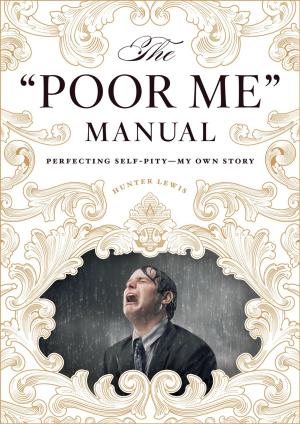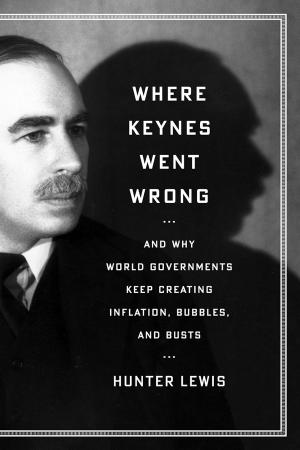The Essence of Aristotle's Nicomachean Ethics
Nonfiction, Religion & Spirituality, Philosophy, Ethics & Moral Philosophy| Author: | ISBN: | 9781604190502 | |
| Publisher: | Axios Press | Publication: | June 1, 2011 |
| Imprint: | Axios Press | Language: | English |
| Author: | |
| ISBN: | 9781604190502 |
| Publisher: | Axios Press |
| Publication: | June 1, 2011 |
| Imprint: | Axios Press |
| Language: | English |
Axios Press’s Essence of . . . series takes the greatest works ever written in the field of practical philosophy and pares them down to their essence. We select the best passages—the ones that are immediately relevant to us today, full of timeless wisdom and advice about the world and how best to live our lives—and leave behind the more obscure or less important bits. Our selections are not isolated: they flow together to create a seamless work that will capture your interest and attention from page one. And we provide useful notes and a solid introduction to the work. Aristotle’s Nicomachean Ethics is widely considered one of the most important historical philosophical works. Indirectly it was critical in the development of all modern philosophy, not to mention European law and theology. One might say that Aristotle was really the first social scientist. Like Machiavelli, he closely observed how people actually behaved, but unlike Machiavelli, he did so for the purpose of teaching virtue. Moreover, Aristotle formulated a unique way of looking at the good life—one that requires us to look for a mean between extremes. The motto “Moderation in all things” is completely Aristotelian, though he would probably have added “. . . including moderation!”
Now with linking endnotes and index.
Axios Press’s Essence of . . . series takes the greatest works ever written in the field of practical philosophy and pares them down to their essence. We select the best passages—the ones that are immediately relevant to us today, full of timeless wisdom and advice about the world and how best to live our lives—and leave behind the more obscure or less important bits. Our selections are not isolated: they flow together to create a seamless work that will capture your interest and attention from page one. And we provide useful notes and a solid introduction to the work. Aristotle’s Nicomachean Ethics is widely considered one of the most important historical philosophical works. Indirectly it was critical in the development of all modern philosophy, not to mention European law and theology. One might say that Aristotle was really the first social scientist. Like Machiavelli, he closely observed how people actually behaved, but unlike Machiavelli, he did so for the purpose of teaching virtue. Moreover, Aristotle formulated a unique way of looking at the good life—one that requires us to look for a mean between extremes. The motto “Moderation in all things” is completely Aristotelian, though he would probably have added “. . . including moderation!”
Now with linking endnotes and index.















